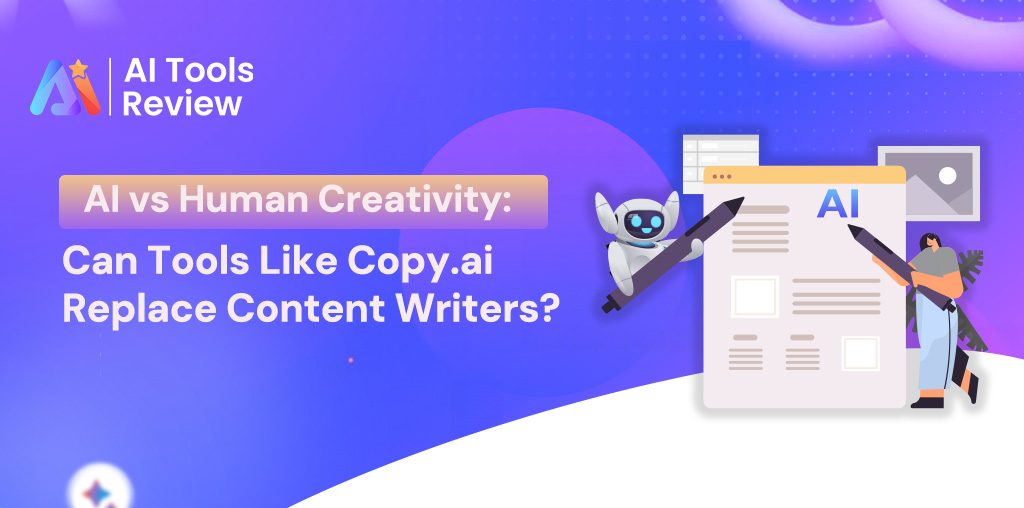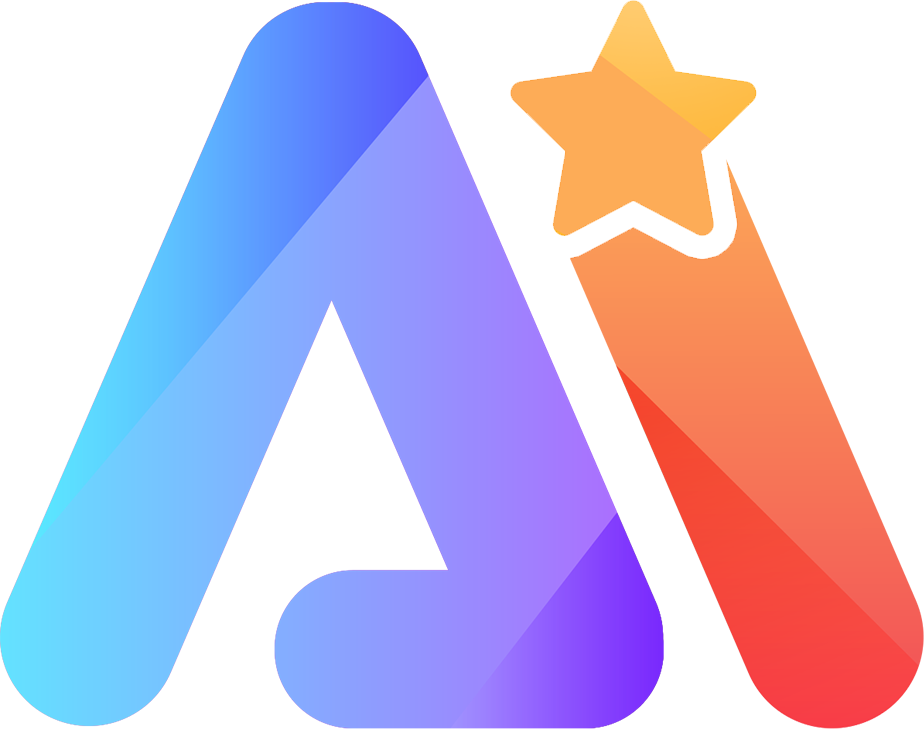Artificial intelligence is revolutionizing the content creation landscape, with tools like Copy.ai promising to transform how we approach writing. As businesses and creators seek efficiency in content production, a critical question emerges: Can AI truly replace human writers? The answer is more nuanced than a simple yes or no.
The Power of AI Content Generation
Modern AI writing tools have made remarkable progress in recent years. Leveraging sophisticated language models, platforms like Copy.ai can now produce blog posts, marketing copy, social media captions, and product descriptions with minimal human guidance. What once took hours of human effort can now be accomplished in seconds through algorithmic processing.
These AI tools excel in several key areas:
Speed and Scale: AI can generate dozens of content variations instantly, allowing teams to produce high volumes of content without the traditional constraints of human bandwidth.
Consistency: AI doesn’t have off days or writer’s block. It maintains the same level of output regardless of time, workload, or external pressures.
Data Integration: AI can quickly process and synthesize information from multiple sources, incorporating statistics, trends, and facts into cohesive narratives.
Cost Efficiency: For organizations with extensive content needs, AI can significantly reduce the financial investment required for maintaining large writing teams.
The Human Advantage
Despite these impressive capabilities, human writers still hold critical advantages that AI has yet to replicate:
Authentic Voice: Human writers bring lived experiences and emotional intelligence to their work. They understand the subtle emotional resonance that connects with readers on a deeper level.
Original Thinking: While AI excels at pattern recognition and replication, it fundamentally works with existing information. Human writers create truly original concepts, perspectives, and creative approaches.
Cultural Nuance: Humans inherently understand cultural references, sensitivities, and contextual implications that AI might miss or misinterpret.
Strategic Insight: Experienced content writers don’t just write—they strategise. They understand how specific content pieces fit into broader marketing goals, audience journeys, and business objectives.
Adaptive Creativity: When faced with unique challenges or unusual requirements, humans can make creative leaps that AI systems, bound by their training data, often cannot match.
Copy.ai and the New Generation of AI Writers
Tools like Copy.ai represent the cutting edge of what artificial intelligence can accomplish in content creation. With an intuitive interface and specialised templates for different content types, Copy.ai makes it easy for marketers, entrepreneurs, and content teams to generate drafts quickly. Users can input basic information about their topic, select a tone and style, and receive multiple variations of ready-to-use content.
The technology behind Copy.ai continually learns from user feedback, helping it produce increasingly relevant and contextually appropriate content. However, even with these advanced capabilities, most users find that Copy.ai works best as a collaborative partner rather than a complete replacement for human creativity.
The Emerging Hybrid Approach
The most forward-thinking organisations aren’t choosing between AI and human writers; they combine both strategically. This hybrid approach typically includes:
- Using AI for first drafts, outlines, and idea generation
- Employing human writers for refinement, personalisation, and injecting an authentic brand voice
- Leveraging AI for routine, formula-driven content needs
- Reserving human creativity for high-stakes, brand-defining content pieces
This collaboration allows teams to scale their content operations while maintaining quality and authenticity. Writers are increasingly becoming “AI wranglers” who guide, refine, and elevate machine-generated content rather than creating everything from scratch.
Wrapping Up
As artificial intelligence capabilities continue to advance, the partnership between human creativity and AI efficiency will only deepen. Rather than replacement, we’re witnessing a transformation of the content creation process. The most successful content strategies will be those that harness the unique strengths of both AI and human writers, creating content that is both efficient to produce and exceptionally effective at engaging audiences.


